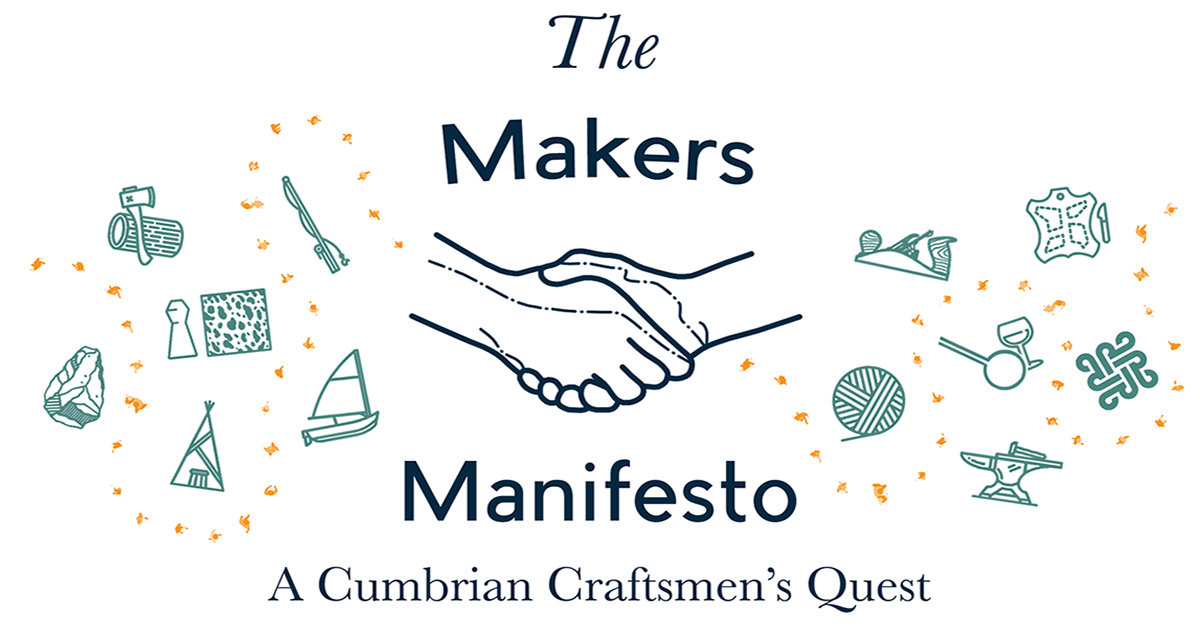
This project aims to tackle current issues within national creativity by proposing a new alternative higher education system for makers. The scheme looks to invest in the education of handmade skills and processes to build a foundation for knowledgeable, sustainable and high quality future innovation. Also the project aims to rethink the way in which a creative course is run by uniting education with production facilities distributed across a region. The project benefits education, commerce, community and tourism.
The project starts with a region wide masterplan, consisting of 12 facilities visited over a 12 month period along a 52 mile journey across Cumbria. New Buildings were located due to beneficial relationships with existing landmarks, sourcing of sustainable materials and areas of industrial heritage. From then we sketched and modeled concept designs for the journey’s 9 new facilities. These related to specific sustainable crafts, local vernaculars and direction of approach along the journey. After this we further explored 1 example to show the potential that all of the designs would have with further investigation. This also allowed for us to further explore sustainability and structural detailing. Finally we looked into the future of the scheme, which involved the activation of Ulverston at the journey’s end. Reusing derelict buildings, reopening a historic shipping canal and tapping into infrastructure links to create a new distribution centre for British design.